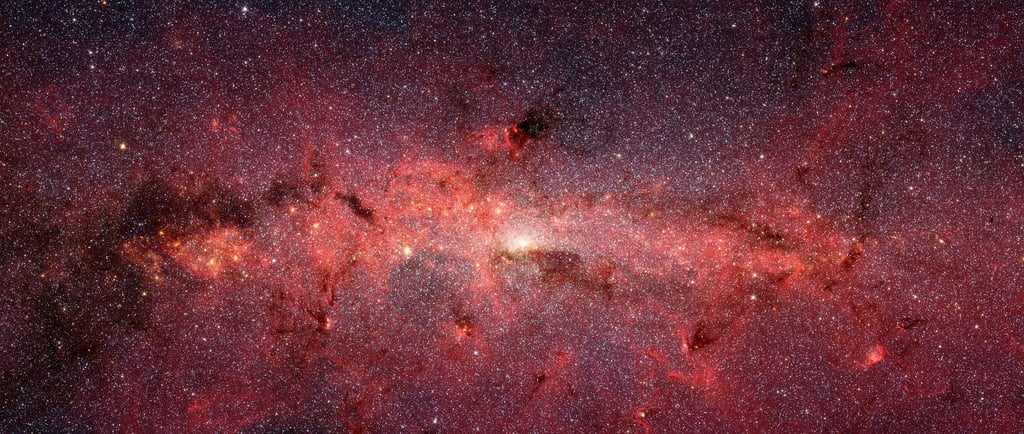European Space Agency
Exploring the European Space Agency in Space Exploration
HUMANITY


A Glimpse into the European Space Agency
The European Space Agency (ESA) plays a pivotal role in the domain of space exploration, significantly contributing to our understanding of the universe. Established in 1975, ESA is an intergovernmental organization composed of 22 member states, dedicated to the advancement of space science and technology through collaborative projects.
ESA has undertaken various missions that have propelled space exploration to new heights. One of the most notable programs is the Rosetta mission, which successfully landed the Philae lander on comet 67P/Churyumov-Gerasimenko in 2014. This landmark achievement provided unprecedented insights into the formation of our solar system and enhanced our understanding of comets. Additionally, the Mars Express mission has been instrumental in investigating the Red Planet, providing valuable data on its atmosphere, geology, and potential for past life.
Recognizing the value of collaboration, ESA actively engages with other space agencies, including NASA, the Russian Space Agency, and the Indian Space Research Organisation. Such partnerships have led to groundbreaking projects like the International Space Station (ISS), where ESA contributes through scientific research and technological advancements. Moreover, ESA's involvement in the ExoMars program, in collaboration with Roscosmos, aims to send a rover to Mars, further extending our reach into the cosmos and reinforcing Europe’s presence in global space exploration efforts.
Moreover, with initiatives focusing on Earth observation, ESA provides crucial data supporting climate research and disaster management, further demonstrating its commitment to both space exploration and the welfare of our planet.
Final Thoughts
The European Space Agency continues to evolve, adapting to new challenges and opportunities in space exploration. Upcoming missions such as the Jupiter Icy Moons Explorer aim to explore the potential habitability of moons like Europa, Ganymede, and Callisto. As technology advances, ESA is committing to programs enhancing the sustainability of space activities, including space debris management.
The European Space Agency stands at the forefront of space exploration, whose contributions not only expand our knowledge of the universe but also provide essential collaborations that enhance global scientific endeavors. Through innovative missions and partnerships, ESA's impact will continue to be felt for years to come, securing a brighter future for space exploration.
